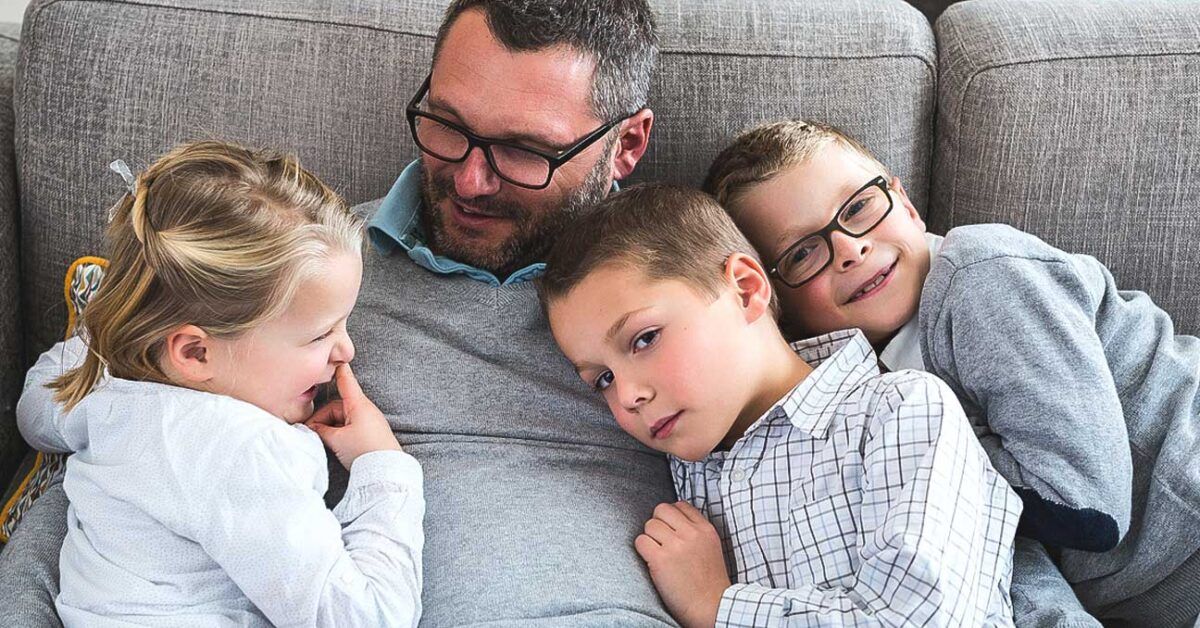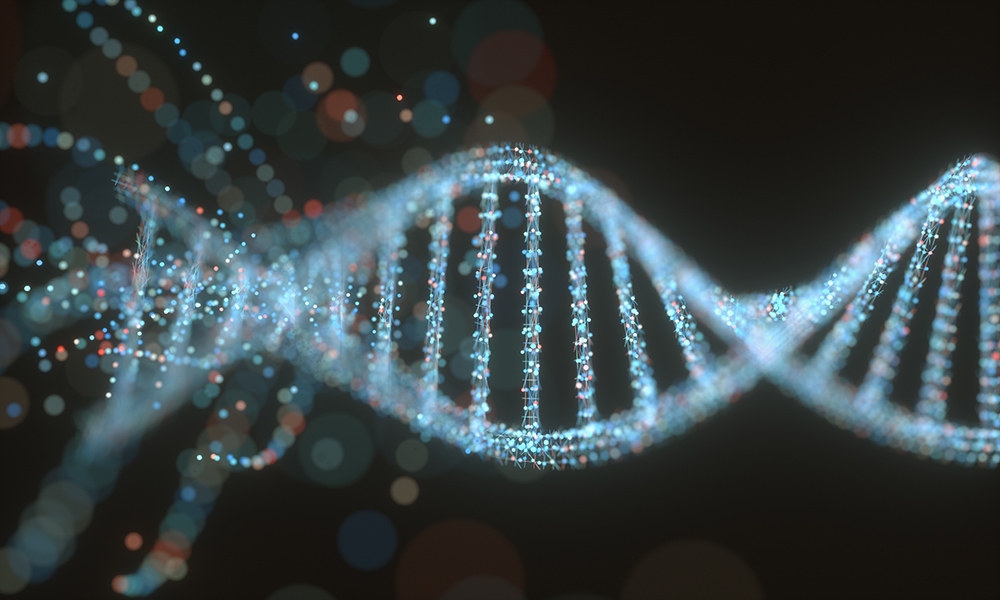These risks are still relatively small in absolute terms.
Yeah, that's the catch with scientific studies as reported in popular media.
The popular science press will run sensationalist headlines to grab views, like, "PATERNAL AGE SIGNIFICANTLY RELATED TO AUTISM INCIDENCE!" The general public sees "significant" and thinks,
"Wow, it must be like 50% of old dudes' kids are autistic or something, right????!"
But the word 'significant' in scientific literature really just means 'statistically significant'. If 20 y/o fathers father an autistic son 4% of the time and 60 y/o fathers father an autistic son 4.1% of the time, and the researchers have a large enough data set to go off of that can show that 4.0% → 4.1% hike in autism rate of the older guys' sons vs. younger guys' sons is robust, that is considered 'statistically significant' and will be reported as
"paternal age leads to a significant increase in autism rates."
If you really want to know the real risk, you have to actually read the paper, as the rate of increase is rarely published in the popular press (usually because it would make the result seem far less sensational).
It's a similar thing for all these carcinogen studies. Almost every substance known to man has 'carcinogenic properties' at this point. When you really dig into the study the effect size is often actually pretty small.
Also: if you find a paper showing a LARGE absolute effect, it's prudent to cross reference that with other studies to see whether other researchers found the same effect. If something doesn't seem to pass the sniff test, you also want to check the methodology and look for confounding variables or failures to control for important variables you expect likely influence the results.
(e.g., years ago when they first started publishing the "older sperm / higher birth defects" claims, they did not control for maternal age, which is a huge confounding factor. Just stands to reason that most older men are having children with older women, and if the eggs already come with degraded quality, you need to rule that out as a cause before you look at the sperm's contribution. In this case, the study Francis posted in the OP does control for maternal age)
ALL THAT SAID: I haven't delved into the papers on the paternal age / autism link, so can't say with certainty what the claimed real effect size is.
A study in the Nature Genetics journal found that the age related mutations were not enough to explain the autism.
As you were, geezers...
Good find.
Until proven otherwise, then, I am going lean toward my hypothesis that the older dad / higher autism link is likely due to autistic men being more likely to reproduce later in life than neurotypical men.
(you can control for this easily... if anyone's interested enough to do a study that controls for it)
My friend is a kindergarten teacher in Australia she noted a rampant increase in autism in her students after Covid lockdowns occurred - said a lot of her students had become unteachable as a result of it
@Karea Ricardus D. had a story that always stuck with me.
He used to teach piano. One day he substitute taught for a friend of his who couldn't meet up with a student.
He said the student was bright, attentive, and played well. No problems. After the session, the friend asked him if the student had been a terror. Karea said no and wondered why he said that. Apparently usually the student was nigh unteachable.
So Karea asked the kid's mother if there was anything different between when he taught the kid that day versus other sessions when the kid met with Karea's friend. The mother couldn't think of anything at first, but then she remembered their TV had been broken for a few days at that point. This was in the pre-smart phone days so the kid couldn't just run off to drown himself in apps on a phone either. No TV = no shows, no console video games; no screens, basically. Kid showed up attentive and ready to learn. But usually, the kid would watch TV for an hour before going to the piano lesson with Karea's friend, and the kid would just show up with his brain baked, all ADD and unable to focus.
A month later, Karea substituted for the same kid for his teacher friend again, and this time the kid was off the walls and unteachable. The mother said the TV had been repaired.
We are also seeing an autism rate in men of 4 times that of women so there’s something in the environment that’s causing men to be more autistic- perhaps it’s the screens video game addiction and porn- at high school and university I rarely met any women that had a problem with those but met a plethora of men including myself with those issues
A lot of folks think autism goes under-diagnosed in women.
A friend of mine has an autistic son (not Asperger's -- full on proper autism). They didn't realize until after the son was diagnosed that the mother was also autistic. She's a successful entrepreneur who makes more money than her husband does. Only clue that she was autistic before their child was that she's not very talkative, but people usually just assume she's a snob (she's beautiful and elegant; people go straight to ascribing her reticence to haughtiness, when it turns out it's just female autism).
Made me wonder in retrospect how many girls I've picked up with sort of weird behaviors where you're going, "Lol, why would she think or say that? That's a bit aberrant and funny and also kinda socially awkward! Good thing she's hot!" were actually just autistic.
I would bet my bottom dollar most of these crazy feminist wackjobs you see both online and in academia are actually autists.
There're a few articles on it here but trying to parse what they're saying makes my brain shrivel up and fall out:
The rate at which women and AFAB... people are diagnosed with autism is much lower than that of men and AMAB (Assigned Male at Birth) people.... statistics suggest that men are four times more likely to have autism than women, which, in my (autistic) opinion, is both a misrepresentation of the data

genderjusticeproject.org
Chase

 www.theguardian.com
www.theguardian.com






